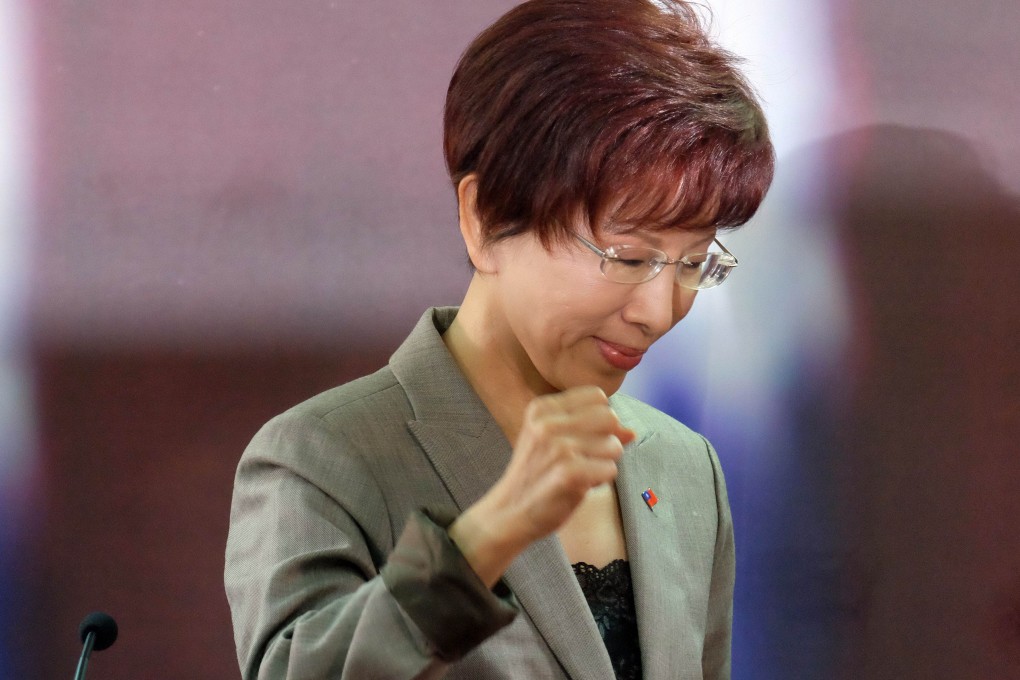Whether the KMT puts forward Hung Hsiu-chu or someone else, the divided party has little hope of success in Taiwan's presidential election
Sonny Lo says the factional struggles, underlined now by an effort to force an unpopular party candidate to withdraw from Taiwan's presidential race, have been highly damaging

Under Ma Ying-jeou, the KMT lost a golden opportunity to formulate a more consistent policy towards mainland China
It is further evidence that the party is drifting from its traditional "blue" stance - supporting reunification with mainland China - to a "light green" position of maintaining the status quo for an indefinite period, with no prospect of reunification. Hung's bold claim in May that the mainland and Taiwan should have the "same" understanding of "one China" was quickly rejected by the party leadership, including chairman Eric Chu, who is most likely to succeed her as presidential candidate. Hung made another provocative move when she insisted on the need to reach a peace accord with Beijing, further antagonising party leaders and members who have abandoned the old KMT principle of supporting reunification in the long run.

Hung's ideological position harks back to the stance adopted by previous KMT leaders, including Chiang Kai-shek and Chiang Ching-kuo. Under the leadership of Lee Teng-hui, the KMT turned quickly to support maintenance of the status quo. This is also the pragmatic stance adopted by the Democratic Progressive Party's presidential candidate Tsai Ing-wen. It is ironic that while the DPP's pragmatic position of keeping a distance from the mainland has won the hearts and minds of many Taiwanese, the KMT is seeking to ditch a candidate who harps on the same ideological theme as the Chiang family.
